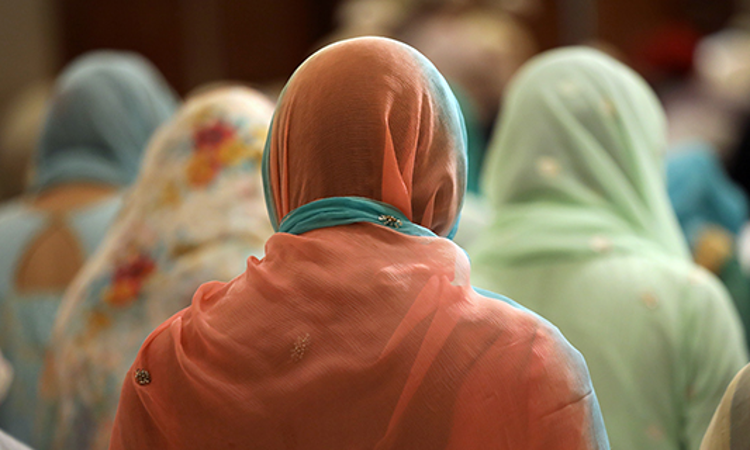The Delhi High Court has recently issued notice on a plea challenging the practice of Talaq-e-Hasan as being unconstitutional and arbitrary as well as contrary to the United Nations Conventions of Human Civil Rights.As per Talaq-E-Hasan, a Muslim man can divorce his wife by pronouncing "talaq" once a month for three months.A vacation bench comprising of Justice Dinesh Kumar Sharma sought...

